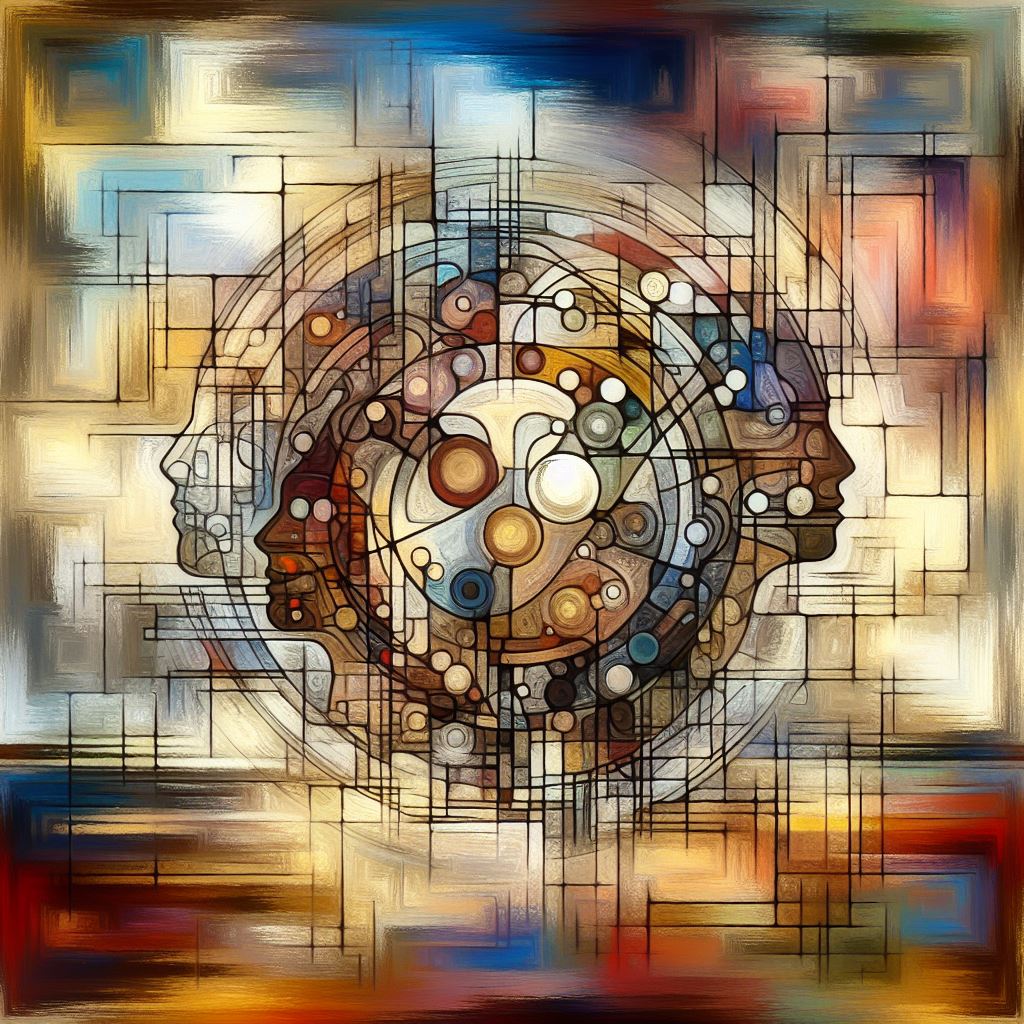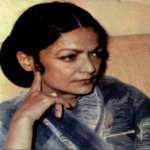TRANSLATED FROM THE HINDUSTANI BY ANURADHA DOSAD
After landing in Lahore, Aliya confined herself to her maternal uncle’s small office space for three to four days. The suffocating atmosphere made her wonder how she would adjust to this dreary environment. Meanwhile, Amma was very glad. Amma delighted at the realization of her long-held desire to live with her brother and his English wife. Amma envisioned a future of unity and resented Aliya for her perceived isolation. Amma wanted Aliya to start speaking English with her English sister-in-law, but Aliya spent her three to four days writing letters to her elderly family. On the fifth day, Mamu broke the lock of a small room and forced Amma to accompany him home. While walking he explained to Amma that English women preferred to not reside even with their mothers. Amma tried to hide these facts from Aliya, but when she was about to leave for her new home, aunty explained in broken Urdu that it was better for everyone to live separately.
Every area of the house had a sense of peaceful orderliness. The utensils were perfectly aligned on the dinner table, with delicate carvings covered by a thin layer of dust. It seemed as if somebody would just come from behind the curtain and take a seat. Brass pots glittered within the kitchen cabinet, amid others lying on the floor. Dust had gathered on the carpet and couch in the drawing room, and the flowers in the vase were spread across the table. Only blackened, withered branches remained, firmly packed inside.
In the bedroom, bedcovers were brushed over the beds, and the light, set on its tripod at the bedside, was bent. In a tiny chamber adjacent to this room, an ash-pan supported Krishna Maharaj’s idol. The garland’s petals had fallen and scattered about, leaving only the yellow thread wrapped around its neck.
“Could you please relocate it?” Amma made this request several times since her arrival.
Aliya was mute in answer to Amma’s request. For several days, the idol remained ignored. However, when Amma found it more impossible to bear the chaos, Aliya secretly hid the idol inside her box.
Time passed, and a growing sense of boredom set in. She was bored with idle times and was restless. Her desire for communication was only intensified by the lack of responses to her letters.
Evenings turned out to be difficult. Relief committees made their way from one home to the next, pleading for aid for their fellow refugees. They begged, “Help your fellow refugees.” “Convoys are arriving; please lend a hand.” Amma revealed their own situation as refugees with humility. Aliya was committed to protect her mother from misery and offered any help she could, even though others might have turned them away.
There were occasions when Aliya had to run for cover when her uncle and his wife came out in the evening, not knowing where to run to. Amma became frustrated and was unable to figure out how to provide her sister-in-law the utmost care she deserved.
Following several days of introspection, Amma made the audacious decision to apply for a job at a nearby high school. Her application was soon approved, and the job saved her from many troubles and sorrows.
When uncle arrived alone one day, he revealed that the house had been assigned to Amma’s name. He requested us not to give it up under any circumstances. Along with his comments, he gave receipts for the furniture and other stuff, guaranteeing that we were able to prove our occupancy if asked.
Amma enthusiastically commended her brother’s efforts, saying, “Brother, how thoughtful of you. What hasn’t he done for my comfort?”
Aliya quietly absorbed the conversation. She couldn’t understand in the situation whose rights were being protected, where did these receipts come from, and how did the house come to be in Amma’s name? But who could Aliya ask all this? Amma remained the same, satisfied with her earnings and newfound homeownership, as warm and self-satisfied as before.
Time passed with anxiety. When she returned from school, she would examine her surroundings with anxiety. There was no interaction with others, even in the neighbouring houses. People seemed to emerge from nowhere and settle down.
Amma barely had a time for her. Her entire day was spent managing the household. If the maid, who was hired for only ten rupees a month, mishandled something Amma’s heart would ache, “I have invested in such expensive goods, and you are so irresponsible. Please be more mindful.”
Not many days had passed when Mamu left for Karachi. As he left, Amma became extremely distressed, with tears running down her cheeks. Her sister-in-law smiled as she saw this outpouring of emotion, saying, “Our loved ones frequently travel far away, but no one sheds tears.”
Aliya felt neither surprised nor delighted by his leaving. He never came back. What concern did she have for those individuals? Since moving here, her uncle had frequently commented that Aliya held the same contempt for him as her father.
She laughed when she heard this. It evoked vivid recollections of her father. But her father’s cemetery was in another nation. The ties had been dissolved. No one had even replied to her letters.
Also, Read Book Excerpt from Memoirs and Letters—Rabindranath Tagore, Translated from The Bengali by Manjira Dasgupta and published in The Antonym:
Follow The Antonym’s Facebook page and Instagram account for more content and exciting updates.




























0 Comments